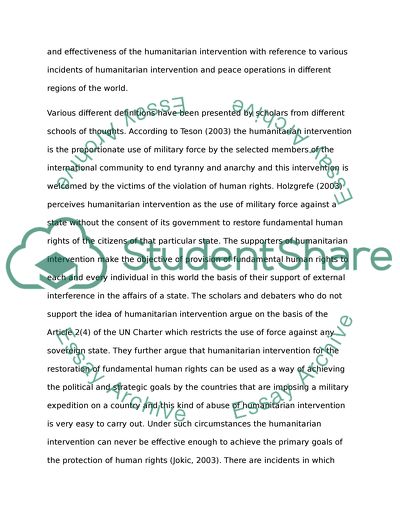Cite this document
(“Protection of human rights and armed conflict Essay”, n.d.)
Retrieved from https://studentshare.org/environmental-studies/1421838-protection-of-human-rights-and-armed-conflict
Retrieved from https://studentshare.org/environmental-studies/1421838-protection-of-human-rights-and-armed-conflict
(Protection of Human Rights and Armed Conflict Essay)
https://studentshare.org/environmental-studies/1421838-protection-of-human-rights-and-armed-conflict.
https://studentshare.org/environmental-studies/1421838-protection-of-human-rights-and-armed-conflict.
“Protection of Human Rights and Armed Conflict Essay”, n.d. https://studentshare.org/environmental-studies/1421838-protection-of-human-rights-and-armed-conflict.


